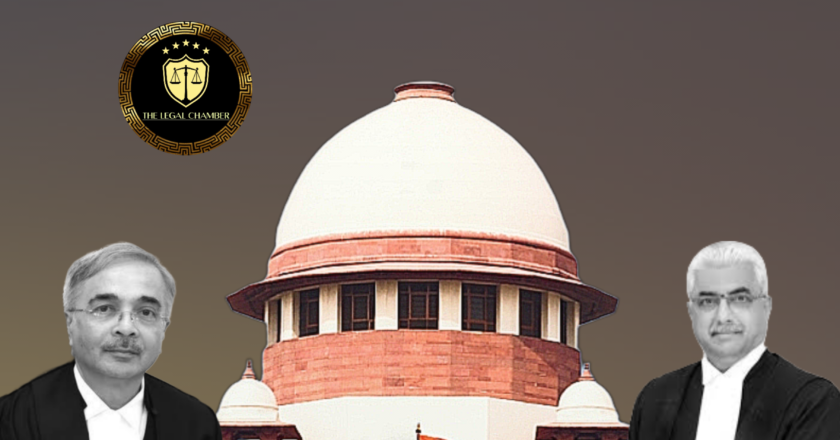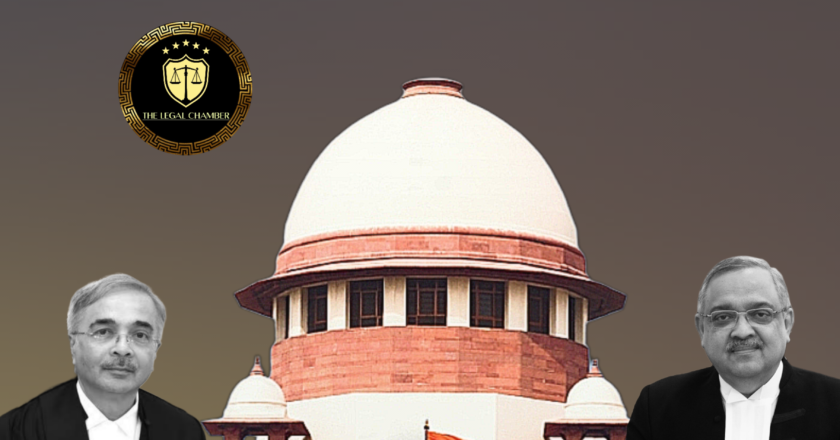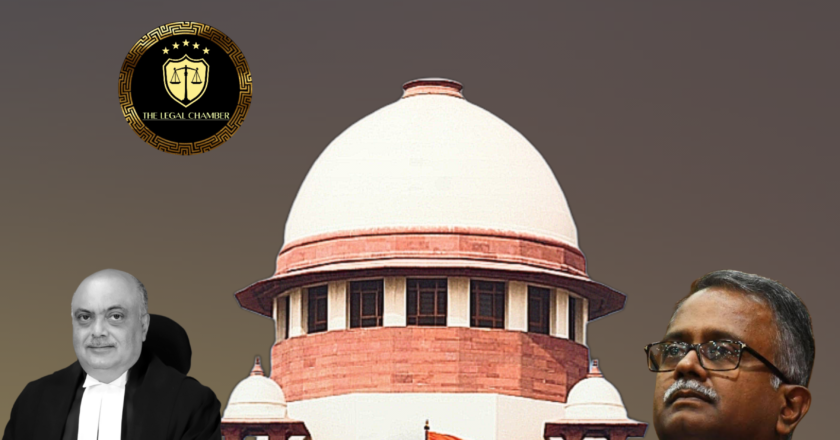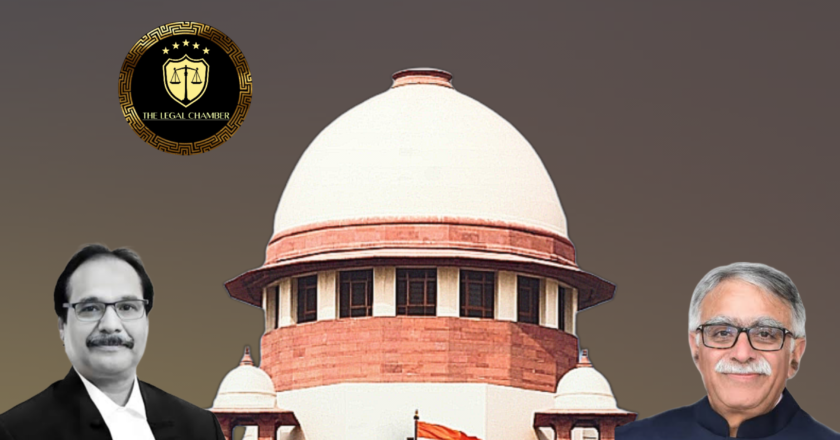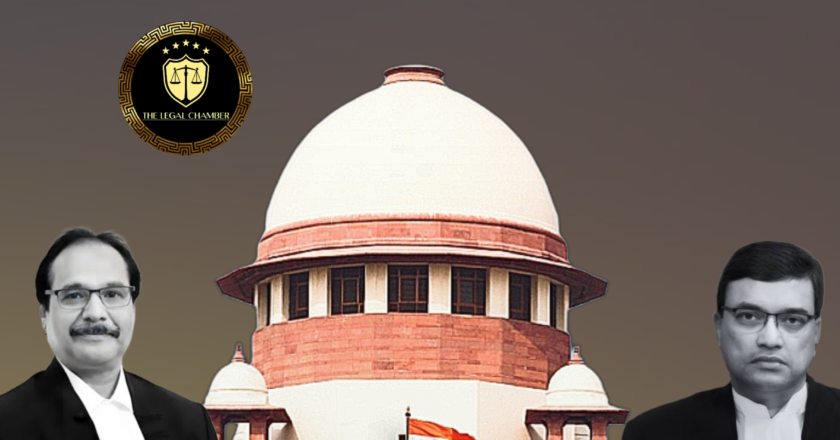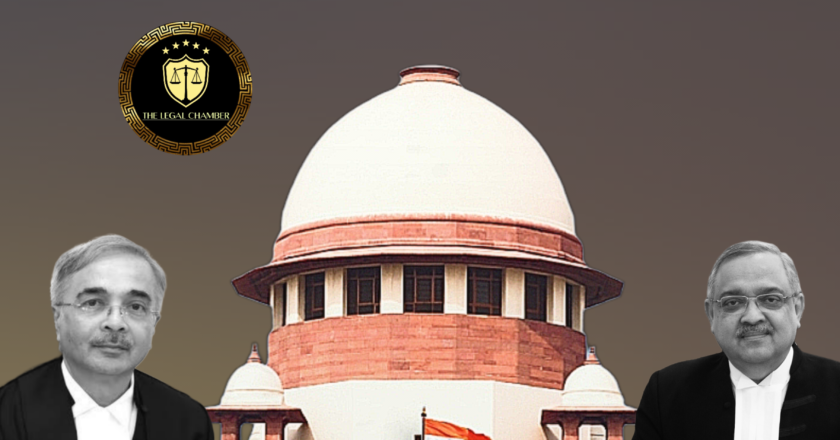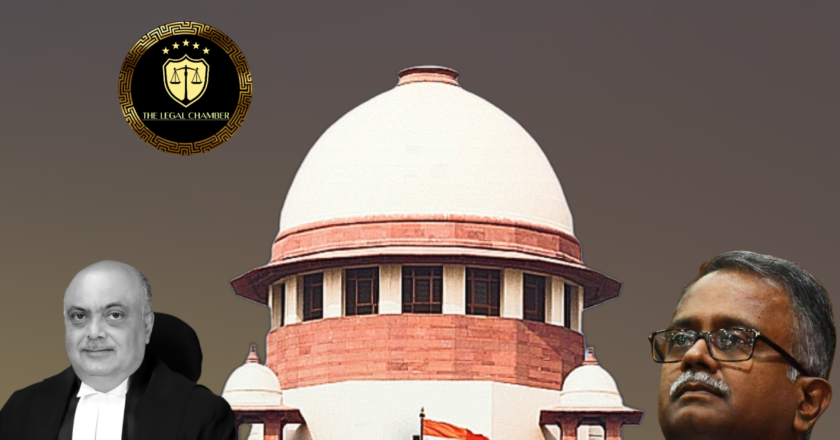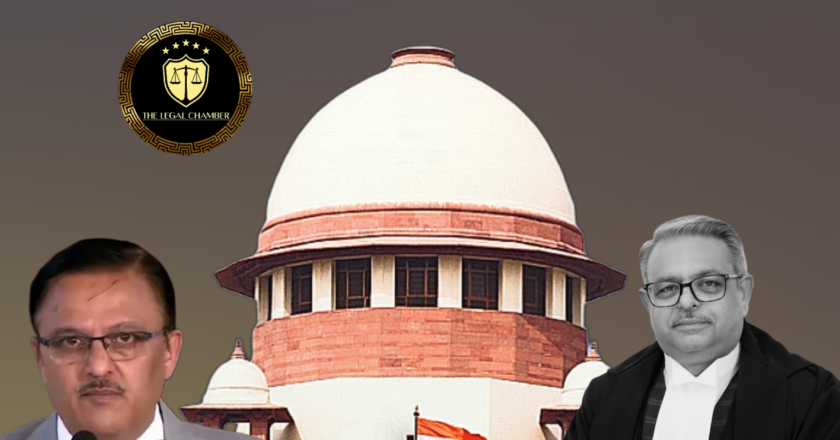Supreme Court Rules: Non-Examination of Complainant Vitiates Departmental Inquiry
The Supreme Court held that a departmental inquiry is vitiated if based on the unexamined statement of a key complainant, denying the delinquent employee the right to cross-examination—a violation of natural justice. Charges unsupported by conclusive evidence cannot sustain a dismissal order, warranting judicial intervention under Article 226.
Facts Of The Case:
The appellant, V.M. Saudagar, was a Travelling Ticket Examiner (TTE) with Central Railway, Nagpur. On 31 May 1988, a Railway Vigilance team conducted a surprise check on his coach. He was subsequently charge-sheeted in July 1989 for alleged misconduct, including demanding illegal gratification from three passengers for berth allotment, possessing excess undeclared cash, failing to recover a small fare difference, and forgin...

